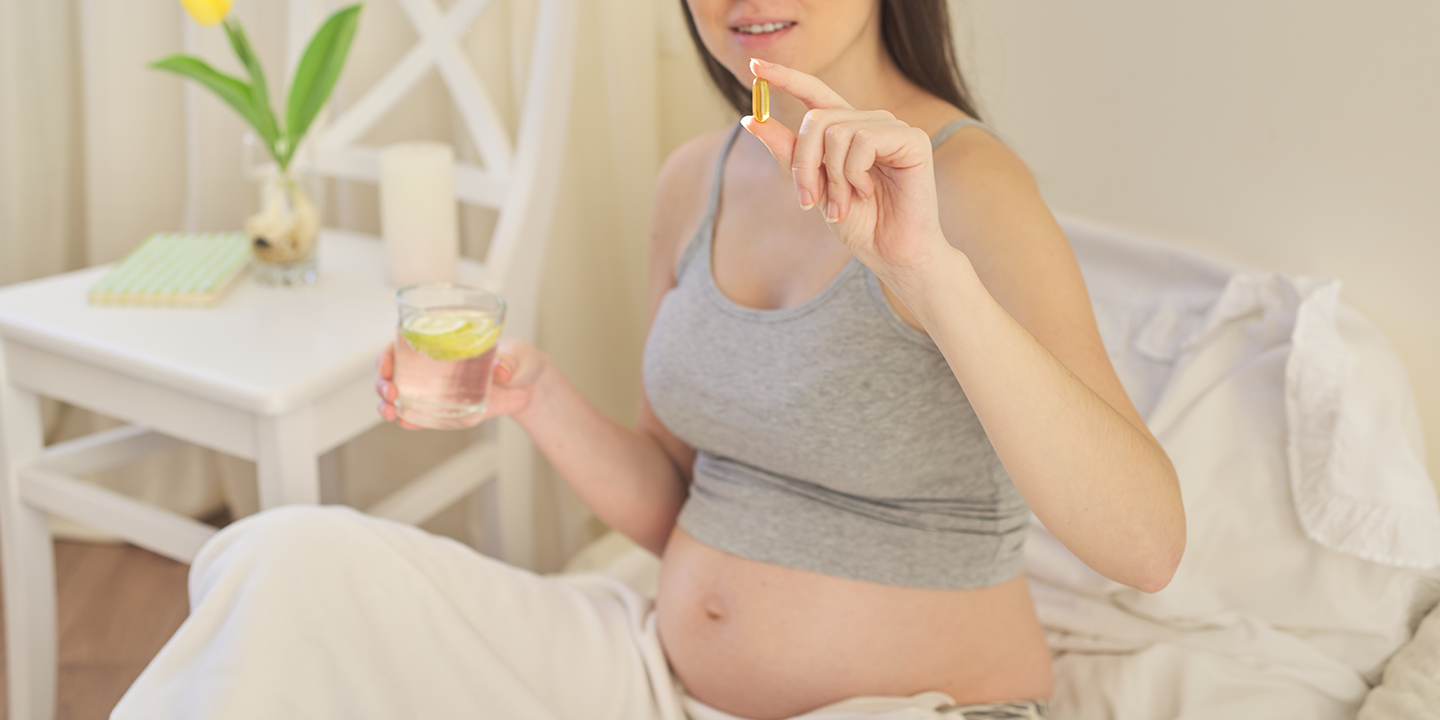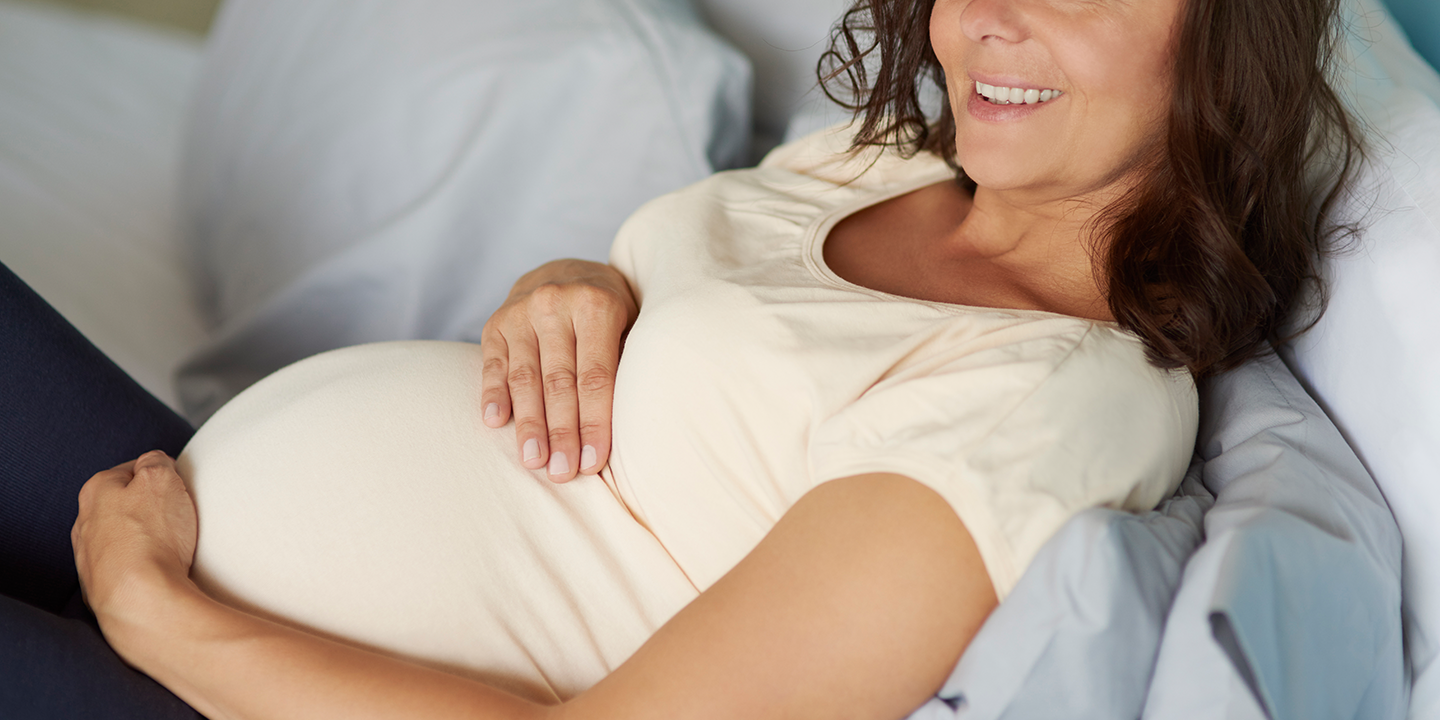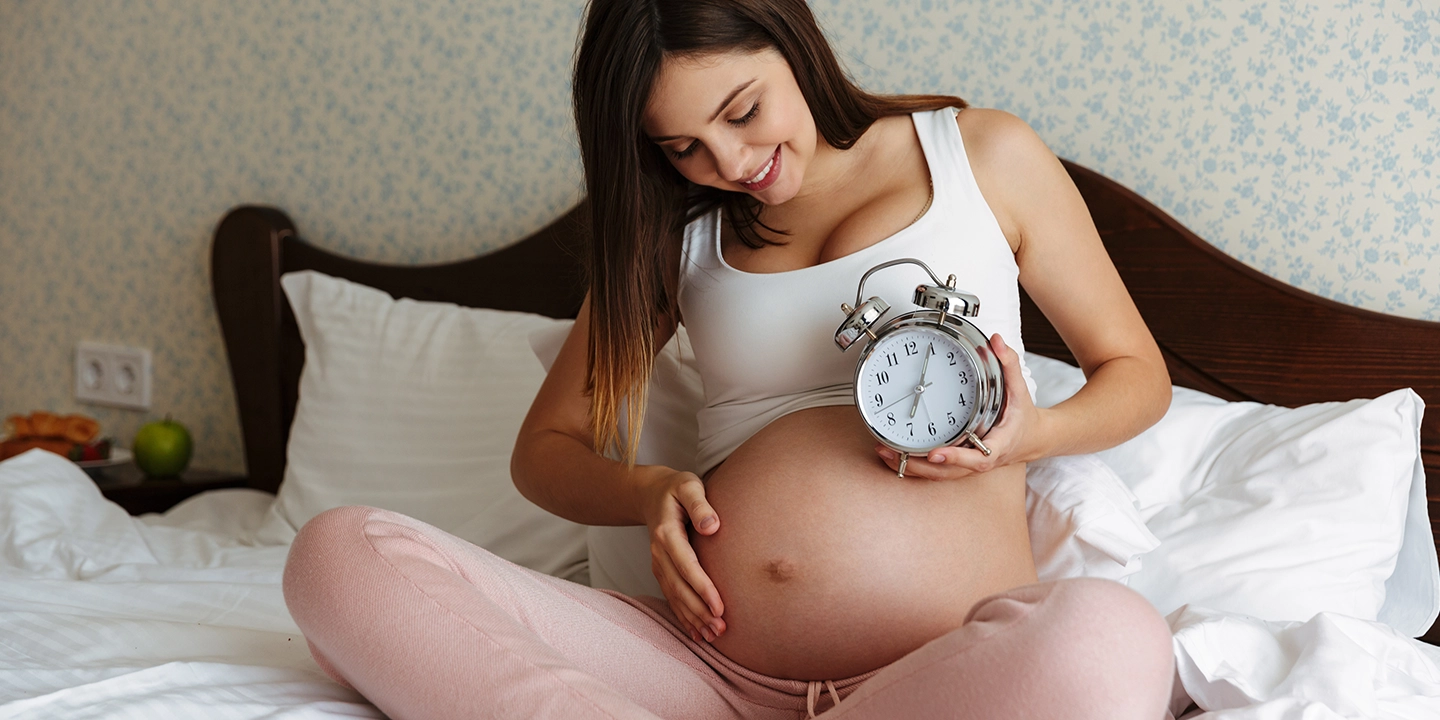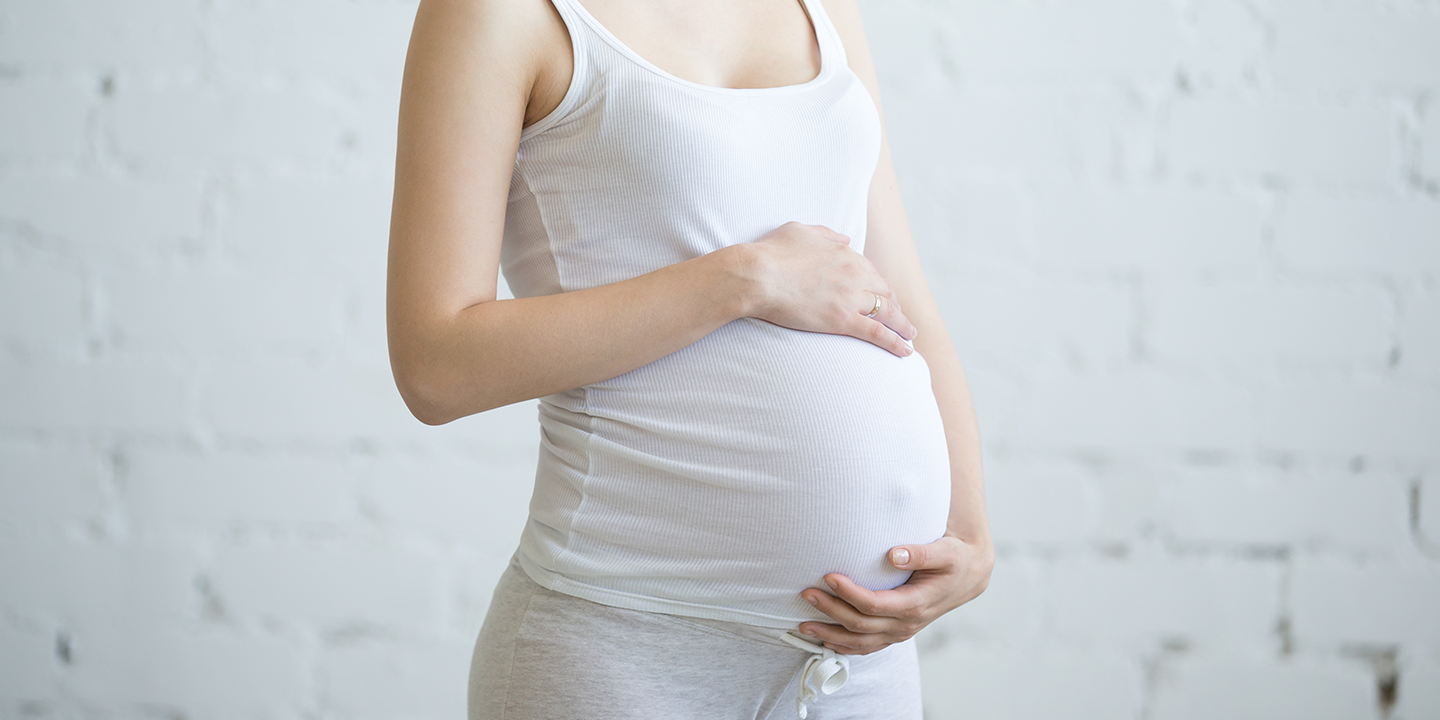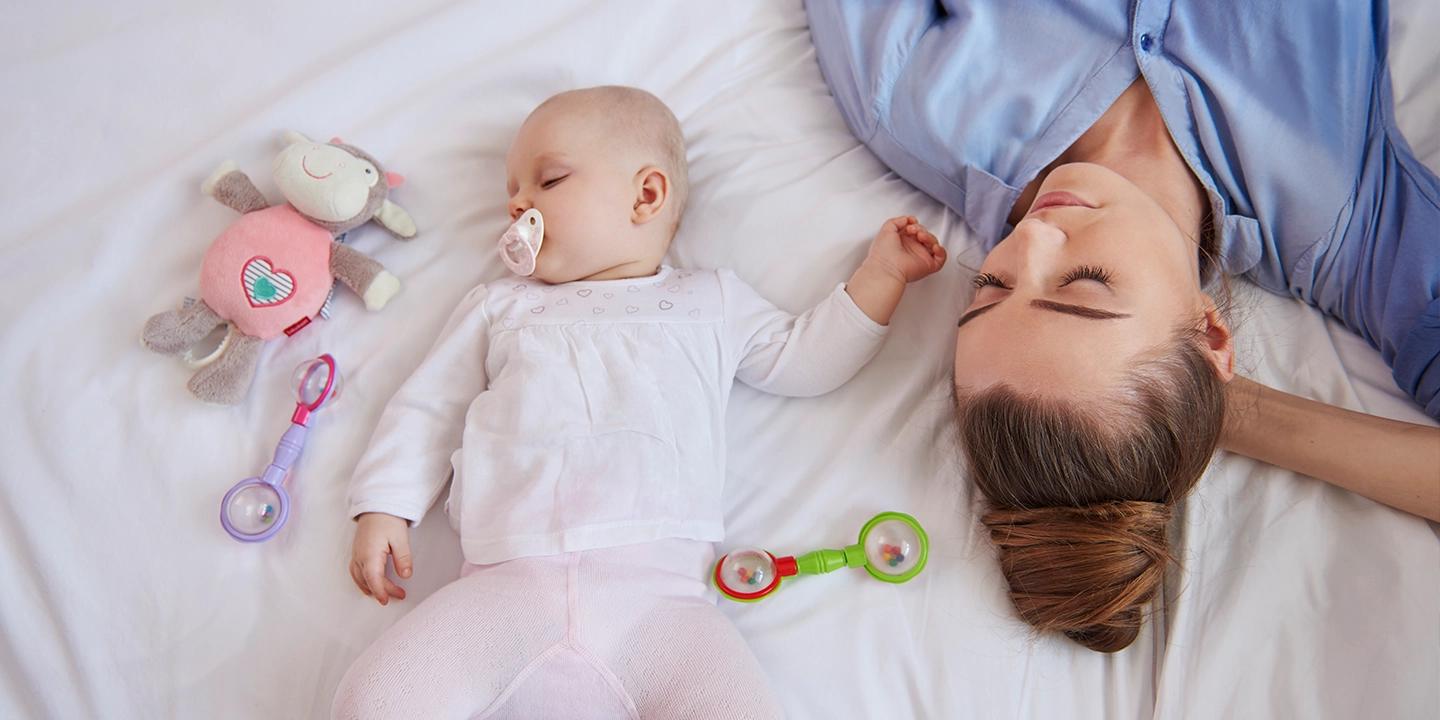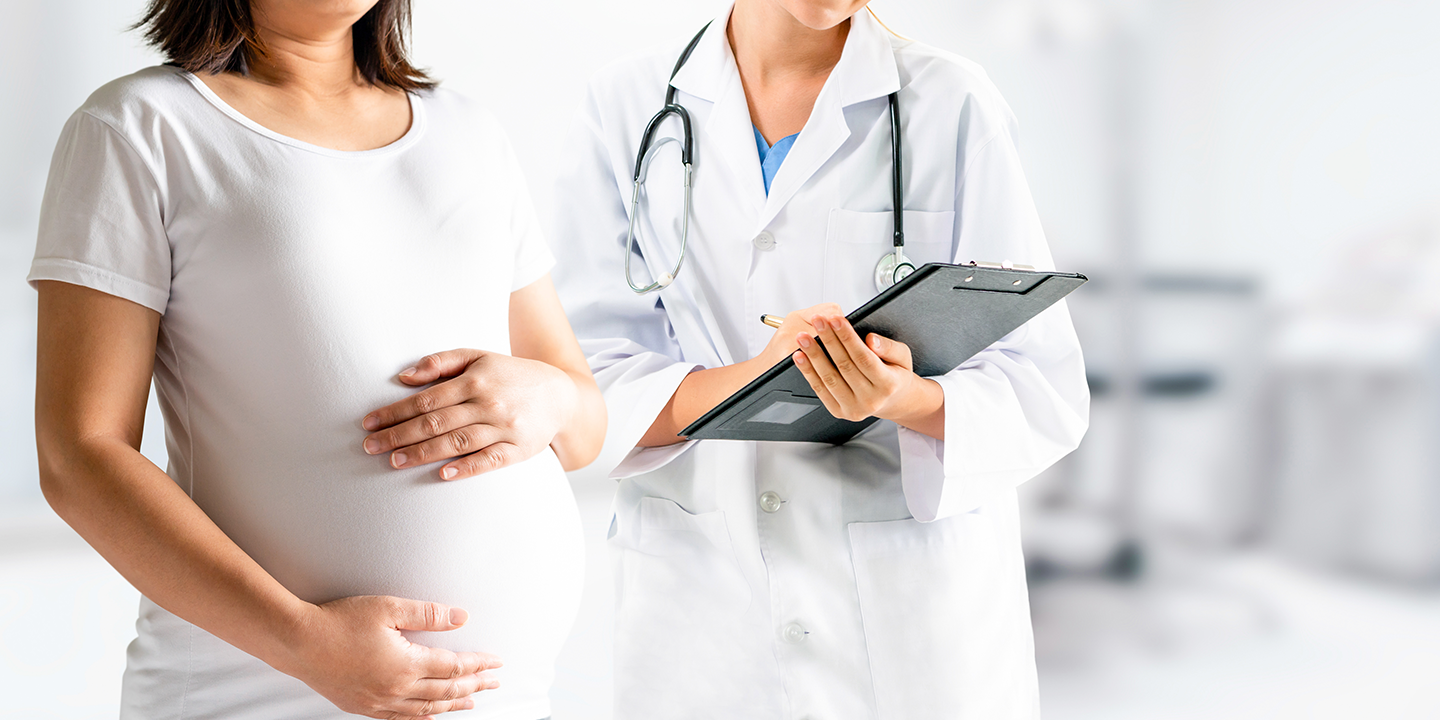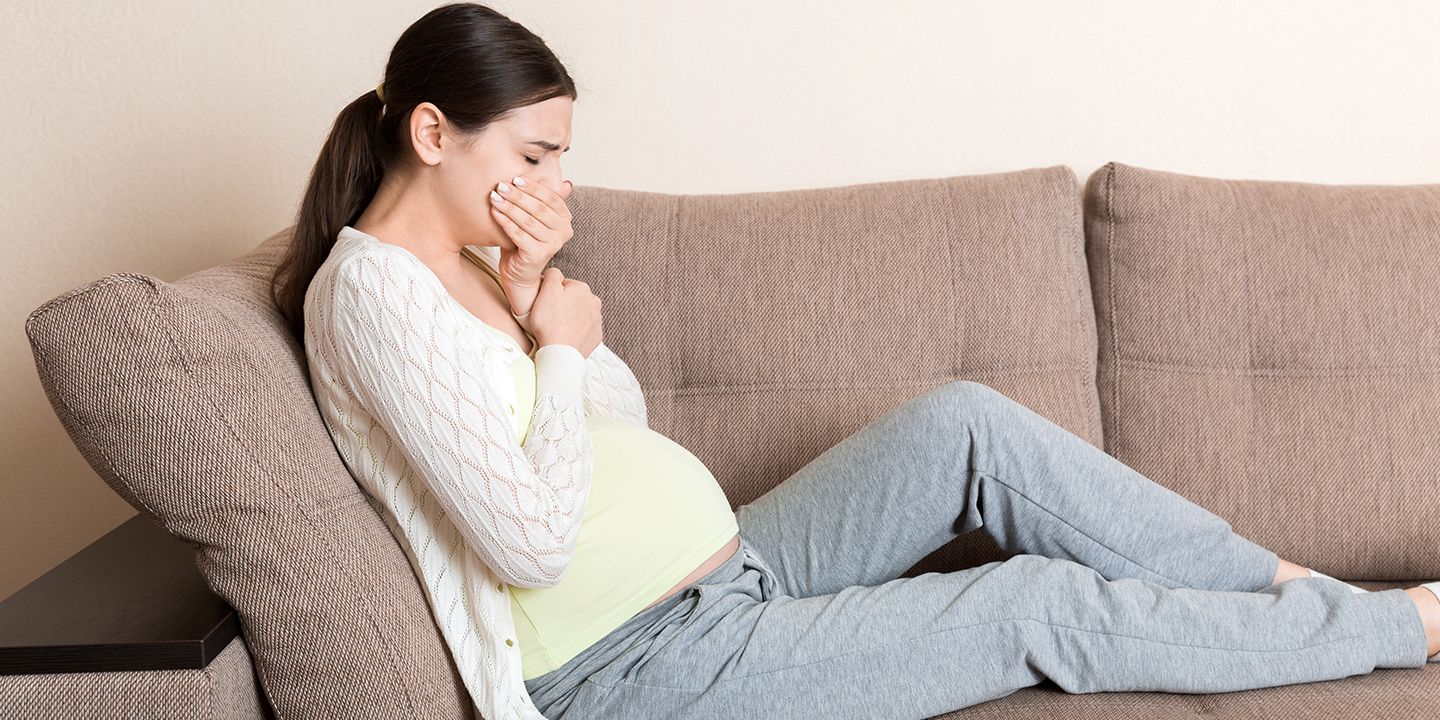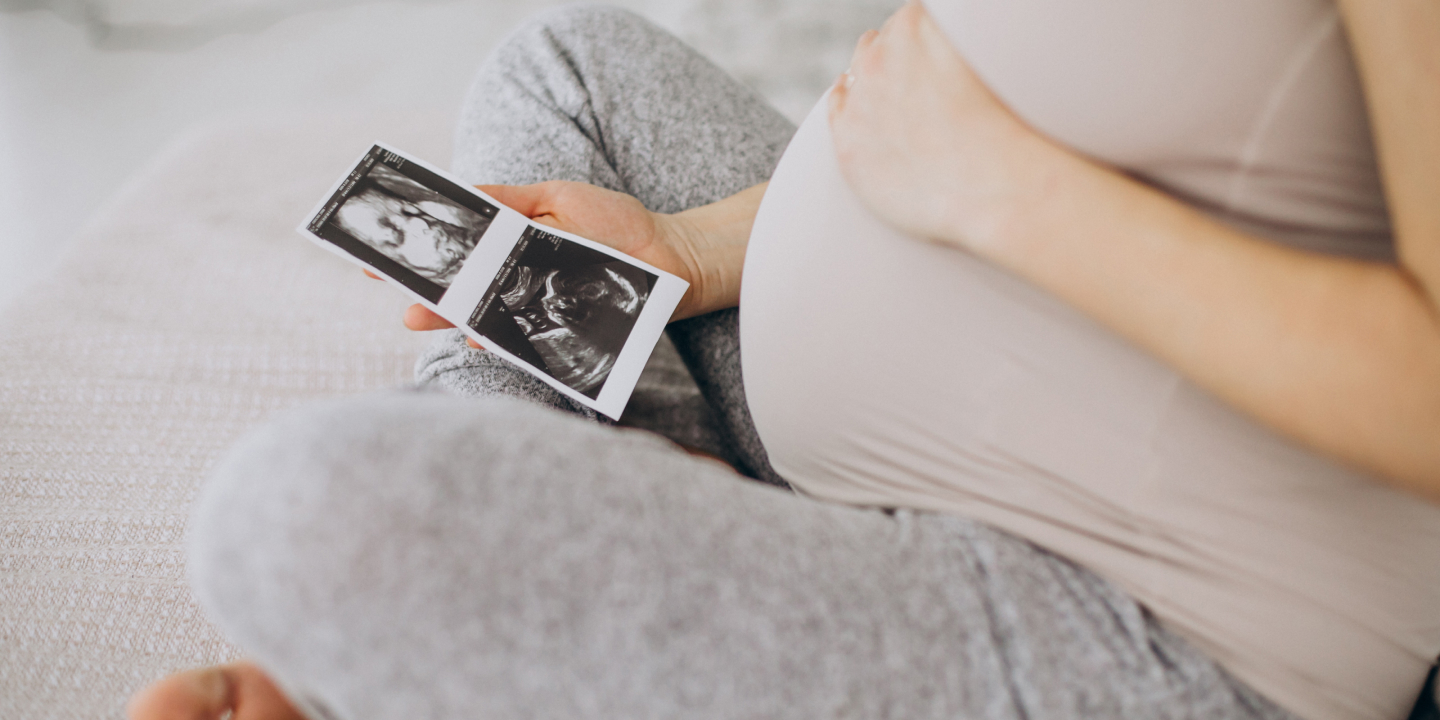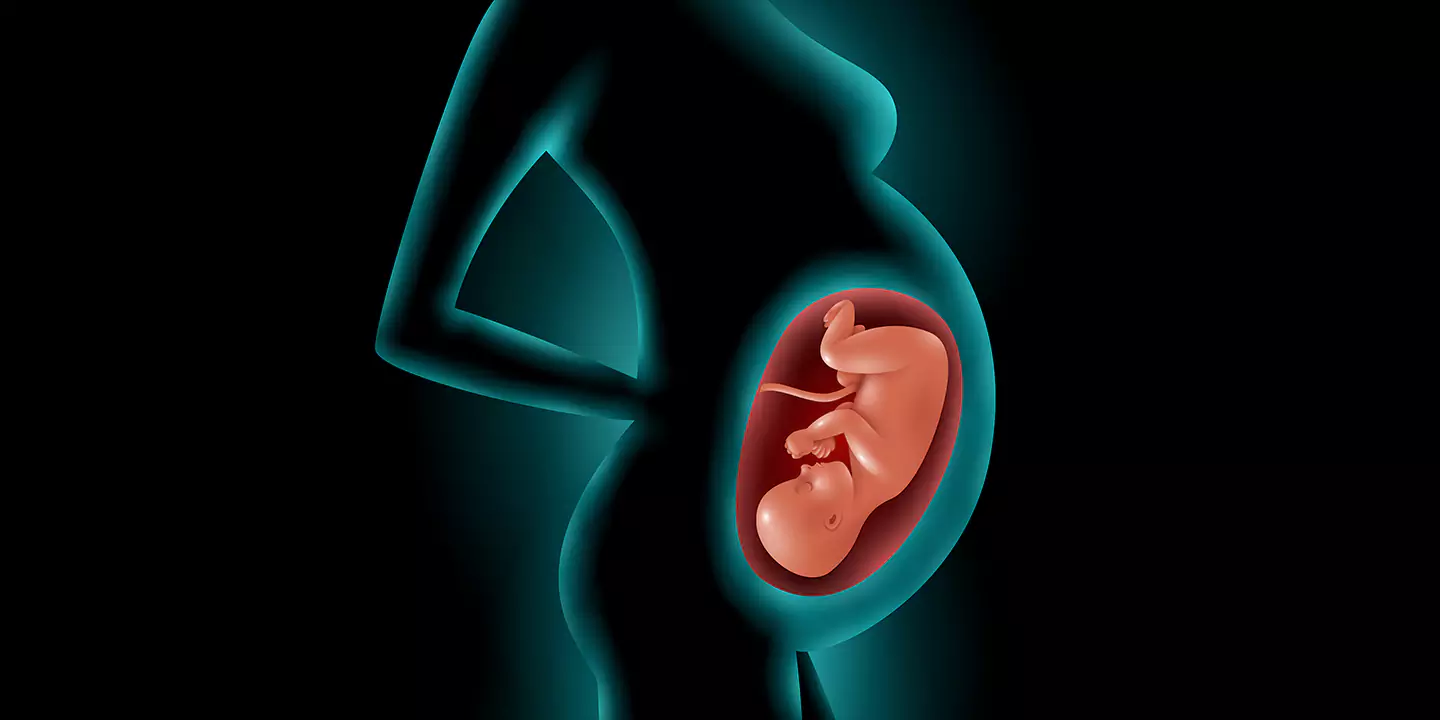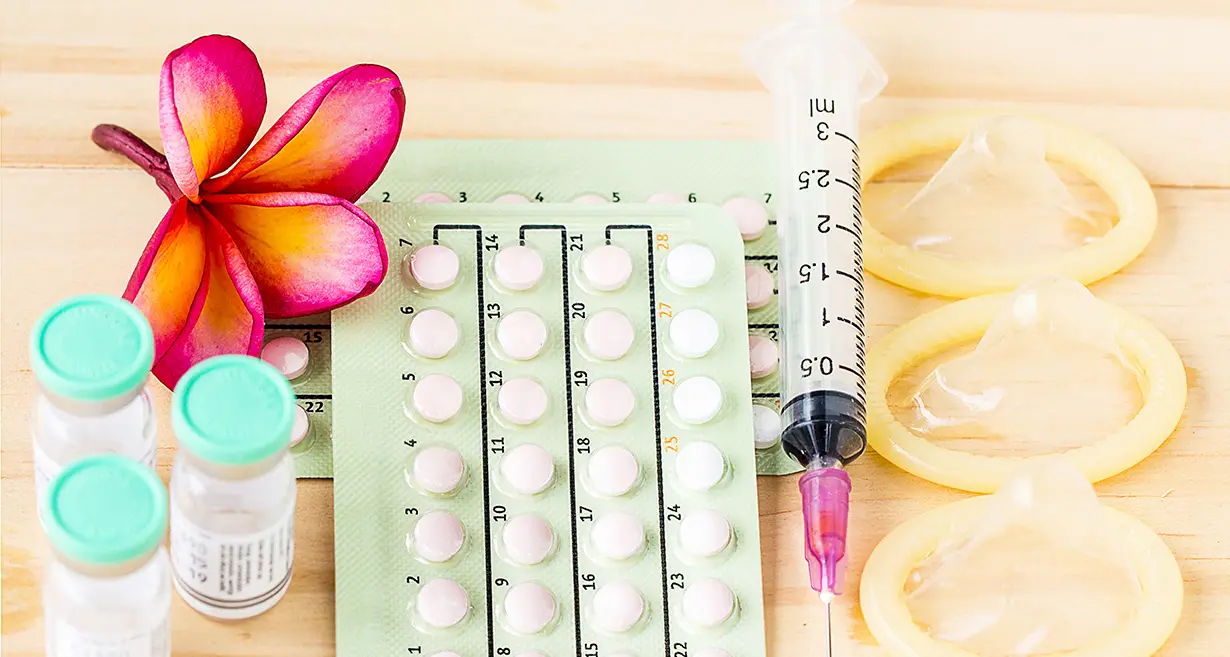
Risk content: Undoubtedly, your body, after delivery, will look and feel different. The phaseof birth and delivery of a child is full of adjustments and recovery for the mother. Whether you have a normal delivery or a C-section, it is the time in which you must take maximum care of your health. A new routine with a newborn can be tiring, but you have to make some time for yourself as birth and delivery are considered a new life phase for women. It is impossible to jump back to normal just after delivery, and it takes time to recover. Your gynecologist will help you manage things well before and after the baby’s delivery. Book your appointment at Queen’s Gynecology to get all tips. They have a team of exceptional and experienced Obstetricians, high-risk maternity doctors, and gynecologists in the Saket, Malviya Nagar area in South Delhi. They work as a team to strive hard for your best motherhood experience.
In this Article
What is postpartum care?
Pregnancy changes your body in many more ways than you can even think of and it doesn’t stop when you deliver a baby. The postpartum phase refers to the first six weeks after childbirth. During these weeks, you must take care of your health and have a post-delivery checkup with your gynecologist. It is best to talk to your doctor if you have questions or concerns about changes to your body during the postpartum period Pain is at its extreme the first few days after the surgery or after vaginal delivery and should gradually subside. The best gynecologist in Delhi will advise you; on precautions to take after surgery and precautions after normal delivery and will provide you with directions for bathing and ways to speed recovery.
Understanding your body after delivery
After nine months of pregnancy and after delivery, your focus will be on the baby but remember that you also need proper care. Whether your delivery was easy or complicated, there are many precautions after giving birth that you have to keep in mind to stay healthy and recover well. No matter your situation, your body has been through trauma, and it needs time and care to recover Your postmortem recovery will not be just for a few days as it takes months, and never get frustrated. The best thing to do is rest, eat healthily and give yourself a break from everything. After birth, your hormones will fluctuate, and it can be a condition in which you may not think clearly and be more emotional. The best gynecologist in Delhi suggests that for the first six weeks, pay attention to your body as you will feel tired and focused on the baby; try to notice changes in your own body and discuss to get help and proper guidance. Many things that a woman can expect after delivery:
- Abdominal pain
It is a common condition that every woman can face after delivering a child as the uterus shrinks to its normal size and shape; you may feel pain in your abdomen. For giving birth, the uterus stretches and goes through many changes that are back to normal, resulting in pain.
- Baby blues
It is confusing for new moms as they can experience mood swings; at one time, they are so excited, and at another, they are sad. Every woman feels sad after having a baby, and it is common and termed baby blues and is due to hormonal changes. If these feelings last for weeks, they can lead to postpartum depression. Thus it is best to talk to your doctor regarding that.
- Constipation
It is another very common condition experienced by women after birth and delivery. The reasons can be many, like medications during birth or anesthesia; constipation can be a fear if you have stitches during delivery. To ease it, you can try out home remedies and stay hydrated. It is better to talk to your gynecologist as they can help you to deal with it.
- Perineum soreness
It is an area between the anus and the vagina, and in many cases, this will tear during baby delivery, and other times, doctors have to make a small cut to widen the vagina for birth. Notify your doctor regarding this, and they can help you with it.
- Sore breasts and nipples
After delivery, during the first few days of breastfeeding, you may have sore nipples and breasts, which is normal. If soreness continues beyond a few days, it could be a condition that indicates that the baby is not sucking milk correctly. Try to change your position or consult a gynecologist for help.
- Vaginal bleeding and discharge
After birth delivery of a baby, it is common to experience vaginal bleeding and discharge, also known as lochia. It is the natural way of your body to eliminate the extra blood and tissue used to nourish your baby inside your womb. Light bleeding or spotting is also normal and can last up to six months.
- Water retention
It is another common post-delivery condition termed postpartum edema, in which your body continues to hold on to water due to increased hormones. After a baby delivery, you may notice swelling in feet, hands, or legs that may last for a week.
Recovery and Healing – vaginal delivery and C-section delivery?
Recovery time is difficult to predict after birth and delivery, irrespective of the type, as different moms experience different levels of post-delivery issues. After a vaginal delivery, many women stay in the hospital for 24 to 48 hours and can experience side effects like bleeding, cramping, swelling, soreness, and more. After C-section delivery, the side effects can be more severe as the person can feel more nauseous and weak during the first day. Also, pain can be experienced after sneezing, coughing, or laughing. It takes about 3 to 4 days to go home It is necessary to take care of both types of deliveries, and women have to take care of things not to do after giving birth to pace up the healing process. Whether you went through vaginal delivery or C-section delivery, you will experience postpartum vaginal bleeding for about six weeks after giving birth It is vital to contact your gynecologist as they will help you to heal fast during your postpartum period.
Ten things you should avoid after giving birth
1. Avoid sex
Best gynecologists advise not to have intercourse in the weeks after birth delivery; however, there is no waiting period for you to have sex again. Doctors recommend waiting to have sex not before four to six weeks following child delivery, regardless of delivery method Waiting will give your body ample time to heal as you might also experience fatigue, vaginal dryness, and vaginal tears. It is better to avoid sex to stay healthy and gain energy and avoid it till your gynecologist gives you a thumb and says Ok.
2. Don’t avoid contraception after delivery
Resuming sex after giving birth can make you pregnant again, and never assume that you can’t be pregnant again It is better to use contraception if you want to avoid pregnancy Pregnancy is possible between six and eight weeks after birth and delivery Never assume that you cannot get pregnant after delivery Thus it is vital to use contraception to avoid getting pregnant again.
3. Avoid vigorous exercise immediately
Exercise can help you to recover fast after childbirth, make you stronger, and improve your mood, But it is necessary to ask the gynecologist about it first to know how soon you can start exercising. Also, never indulge in rigorous exercises as it is one of the precautions to take after childbirth.
4. Avoid rushing to a normal routine
Following baby delivery, never think you can instantly return to your normal routine. Being sore, tired, and recovering right after birth is normal. Your main aim should be to ease into your new routine after delivery. Limiting trips up and down the stairs and putting a hold on doing household chores until you’ve gotten the go-ahead from your gynecologist.
5. Avoid using internal products
After delivery, you may feel back to your old self after some time, wondering if you can resume to few activities, including having sex and using tampons. It is strictly a no, as per the best gynecologist, because of the infection risk after baby delivery. Your uterus is still physically recovering; if you had any vaginal repair, those areas are still healing. At this time, using internal period products, like menstrual cups or tampons, can form bacteria and cause infection in these wounds. It is best to use pads only to stay healthy.
6. Avoid ignoring the pain
After childbirth, everybody experiences normal pain, but the type and duration of pain vary from person to person Pain may last days to weeks. Pain like cramping, pain in the vagina, and discomfort in the neck are all common, But some pains like severe headaches, pain while urinating, pain in the specific breast area, and chest pain should never be ignored. It is best to consult the gynecologist; as soon as possible.
7. Never avoid a nutritious diet
After delivery, your baby becomes your priority, which is natural. Still, you should never ignore or avoid your health, as nourishing your body is also vital to Nourishing your body in the postpartum period as it is vital for your own health and, if you’re breastfeeding, for your baby’s growth and growth development. Include in your diet.
Vegetables like leafy greens, bell peppers, broccoli, avocados, carrots, kale, sweet potatoes, tomatoes, celery, and cabbage.
- Fruits like berries, apples, citrus, mangos, melon, and bananas.
- Whole grains like oats, brown rice, and whole wheat bread.
- Low-fat protein like fish, tofu, beans, poultry, seeds, nuts, lentils, etc.
- Fat-free dairy like cheese, eggs, yogurt, milk
8. Avoid smoking
If you or your partner smokes, it is best to contact your doctor to support quitting. After delivery, you must avoid smoking as it risks your health and your newborn due to secondhand smoke. It is among the top factors for sudden infant death syndrome (SIDS). This exposure to secondhand smoke may also lead to asthma or other respiratory issues in babies. Smoking exposes your new baby to dangerous secondhand smoke, and thus, it is best to quit it. Secondhand smoke is never safe and will always harm a baby’s health and affect its development. With time, it can cause disease and even death. Staying smoke-free after delivery will protect you and your small child’s health.
9. Don’t avoid postpartum depression
While it is normal for new parents to feel happy and exhausted at the same time after baby delivery. Avoiding and not noticing the difference that is between fatigue and depression is unacceptable. Never ignore If you feel constantly overwhelmed, depressed, or have thought about hurting yourself or the baby, It is a form of depression that should never be ignored, as it is postpartum depression.
10. Avoid Going to the gym
Whether you delivered or by C-section, skipping the gym is what you must do for at least six weeks. After birth delivery, it is time to give your body time to finish most of its Healing. You will not get back to your pre-baby and pre-pregnancy exercise routines, so there is no need to rush things. Take it slow and avoid gymming, swimming, driving, etc.
When to See a Doctor
While the birth of a baby needs a lot of care, it’s equally crucial for women to monitor their health and put their own health first as well. It’s critical to know when to visit a doctor during this period. Observe the following:
- Postnatal Checkup: Within six weeks following delivery, make an appointment with your gynaecologist for a post-delivery checkup. Your doctor will evaluate your general health, treat any issues, and ensure that your body recovers as it should during this session.
- Pain: Some pain and discomfort following labour is typical. However, you must see your doctor immediately if you feel severe or chronic discomfort.
- Bleeding: Vaginal bleeding can continue for up to six weeks post-delivery, but if it suddenly intensifies or if significant blood clots start to pass, you should talk to your doctor.
- Breast and Nipple Problems: Although breast and nipple soreness is common, if it lasts longer than a few days or is connected to other difficulties breastfeeding, you should seek advice from your doctor.
- Urinary and Bowel Problems: Consult your doctor if you have trouble managing your bowels or bladder after giving birth, experience pain when urinating, or have severe constipation.
- Surgical Incisions: If you underwent a C-section or episiotomy, you should notify your doctor right away if you see any indications of infection, like rashes, swelling, discharge, or increasing discomfort at the surgical incisions.
- Infection Warning signals: Keep an eye out for any general infection warning signals, such as chills, fever, or worsening pain in any area of your body.
- Medication: If you use drugs postpartum, talk to your doctor about any negative effects to be sure they won’t interfere with breastfeeding.
- Birth Control Conversation: When you visit your doctor for a postpartum appointment, think about going through your options for birth control. They can advise you on the contraceptive options that are best for you based on your choices and family planning objectives.
How does Queen’s gynecology help you with pregnancy?
To avoid any delivery problem, well-informed decisions about pregnancy and prenatal and postnatal care are necessary for women; regular antenatal care starting early in pregnancy prevents most medical problems, and early detection helps improve pregnancy outcomes. At Queen’s Gynecology, you will get the best Antenatal care that emphasizes diet, maternity exercises, and genetic screening in all our patients. Queen’s gynecology has a team of experts to support and take special care of women who go through pregnancy-related challenges. Being the best pregnancy care hospital in Delhi, aim to overcome high-risk pregnancies and provide safe delivery. They believe in handling any pregnancy condition with exceptional quality and care and working as a team. The clinic has highly experienced maternity doctors and obstetricians handling all types of pregnancies, including high-risk ones. The delivery costs at Queen’s gynecology are affordable as they provide cost-effective maternity and delivery packages. Our maternity packages include all the advanced treatments to care for new moms’ and children’s well-being and comfort.
Conclusion
It took your body months to prepare for giving birth; thus, it will take time to recover well. It is vital to give it time to heal, and if you’ve had a cesarean section, it can take even longer as surgery requires a longer healing time. At Queen’s gynecology, a team of experienced doctors will help you with prenatal care to postpartum Healing. At Queen’s gynecology, After your baby is born, expert gynecologists help you recover and learn to care for your new baby with confidence. The medical care team provides family-centered maternity support to foster a new relationship between you, your family, and your newborn baby. Having a baby changes your full routine. It is natural and easy to lose yourself during this new process. Indulge yourself in reading, meditating, walking, or exercising, and give yourself some time each day. Always remember that your mental health is as important as your physical health and will help you with this new role.
FAQs
You may have some cramps for a few days after delivery. These are due to contractions of the uterus as it shrinks to normal size.
Constipation is common, and drinking more fluids can help you with it
After delivery, experiencing mood swings, restlessness, sadness, loneliness, or anxiety is normal.
Resting for at least six weeks is often advised after a normal delivery. This first stage is crucial for letting your body recover after delivery and mend. To lower the chance of problems, your doctor will advise refraining from intense activity and doing heavy lifting during this period. While it’s important to get plenty of rest, mild exercises like stretching and walking can help with circulation and speed up recovery.
Avoid exercising vigorously, heavy lifting, sexual activity, driving (particularly after a C-section or if using painkillers), and ignoring self-care after delivery, particularly the first six weeks. Make self-care a priority, pay close attention to any lingering discomfort or strange symptoms, and contact your doctor as necessary.
Yes, following a typical vaginal delivery, sleeping on one side, especially the left side, is a cosy and secure resting posture. It can ease blood vessel pressure and enhance circulation. To obtain a good night’s sleep, though, pick a position that is comfortable for you personally. If you have any specific questions or illnesses that necessitate a modified sleeping posture, speak with your doctor. Your level of comfort and sleep are ultimately essential for postpartum healing.

